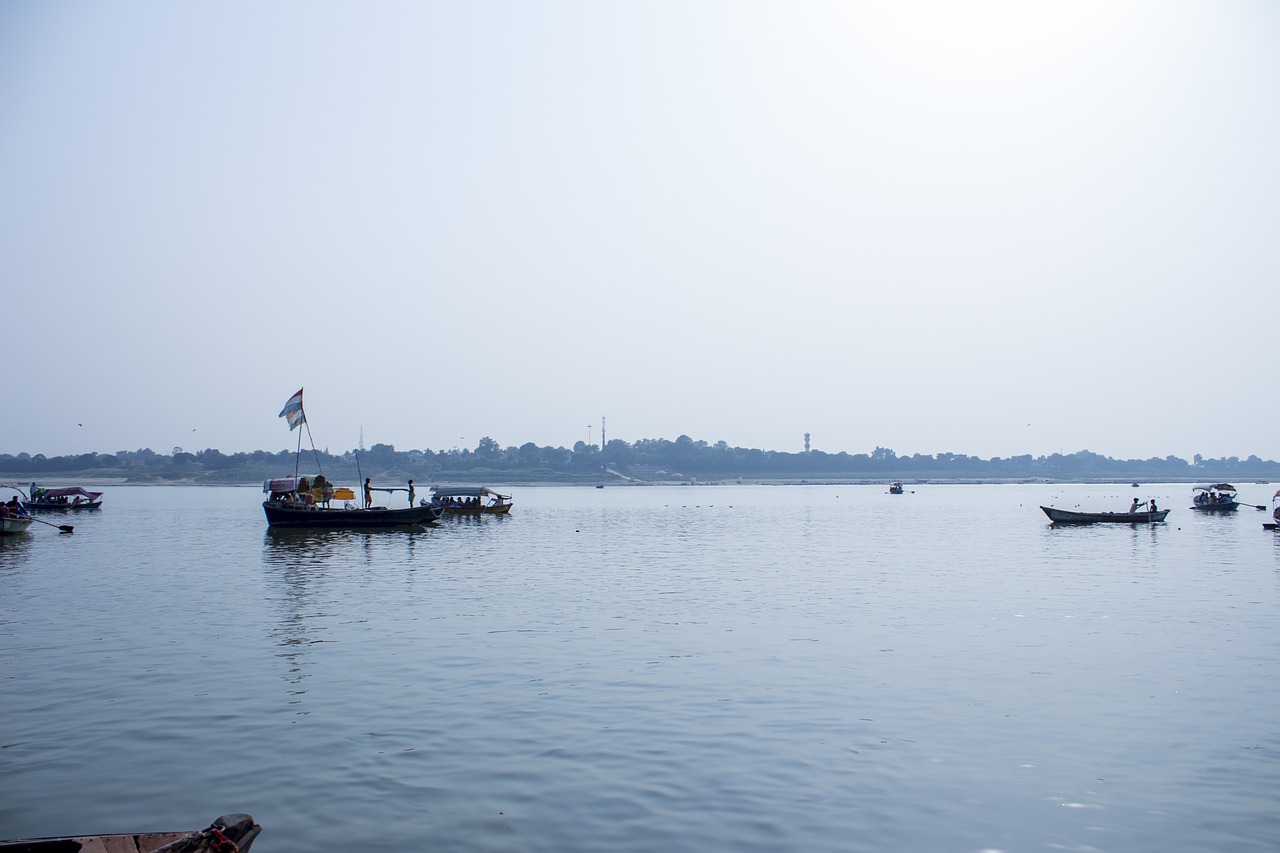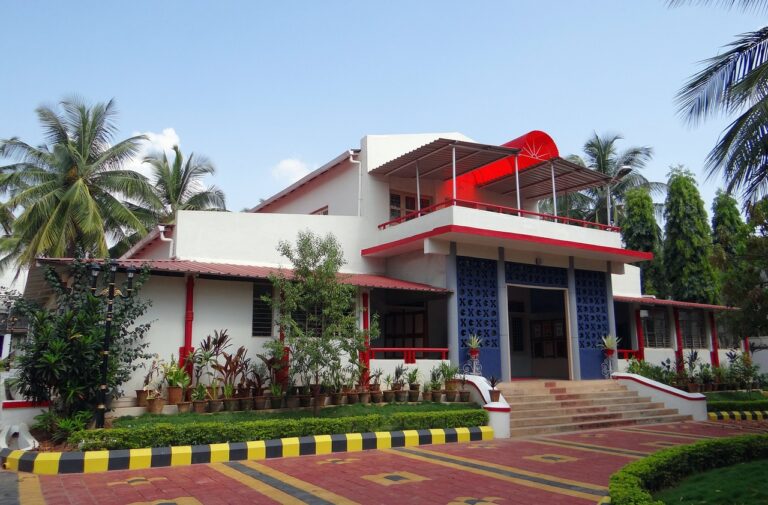Investigating the Influence of Media Ownership on Political Discourse: Sky247, Gold365 login, Gold 365 site sign up
sky247, gold365 login, gold 365 site sign up: In today’s digital age, media ownership plays a critical role in shaping political discourse. The influence of media giants on the information we consume cannot be underestimated. From newspapers to television networks to online platforms, media ownership can significantly impact the way political events are covered, discussed, and interpreted by the public.
When a small number of corporations own a large portion of the media outlets we rely on for news, there is a risk of a homogenized narrative that may not fully represent the diverse perspectives and opinions of the population. This can lead to a narrowing of viewpoints and a lack of critical analysis of political issues.
The concentration of media ownership in the hands of a few powerful entities can also result in biased reporting that serves the interests of the owners rather than the public good. This can manifest as slanted coverage of political candidates, policies, and events, shaping public opinion in a way that may not reflect the reality of the situation.
Moreover, media ownership can influence the framing of political debates and discussions. Owners may choose to prioritize certain topics over others or present information in a way that aligns with their own agendas. This can lead to the suppression of dissenting voices and the amplification of particular ideologies, further polarizing public discourse.
As consumers of media, it is crucial to be aware of the influence of media ownership on political discourse. By critically evaluating the sources of information we rely on and seeking out diverse perspectives, we can strive to be informed citizens who engage in meaningful dialogue about the issues that impact our society.
—
1. The Impact of Corporate Ownership on News Coverage
2. The Role of Media Conglomerates in Shaping Public Opinion
3. Biases in Reporting: How Media Ownership Influences Political Discourse
4. Framing Political Debates: A Look at the Influence of Media Ownership
5. The Importance of Critical Media Literacy in Understanding Political Discourse
6. Navigating the Media Landscape: Tips for Consumers to Stay Informed
In conclusion, the influence of media ownership on political discourse is a complex and multifaceted issue that requires careful consideration. As consumers, we have a responsibility to seek out diverse sources of information, critically evaluate the content we consume, and engage in constructive dialogue about the political issues that affect us all.
FAQs:
Q: How can I determine the ownership of a media outlet?
A: You can research the parent company of a media outlet or consult resources like the Columbia Journalism Review’s database of media ownership.
Q: What can I do to counteract media bias?
A: Seek out a variety of sources for news and information, fact-check information before sharing it, and engage in conversations with others to gain different perspectives.
Q: Are there regulations in place to address media ownership concentration?
A: In some countries, there are regulations that limit the concentration of media ownership to prevent monopolies and ensure diverse viewpoints are represented.







